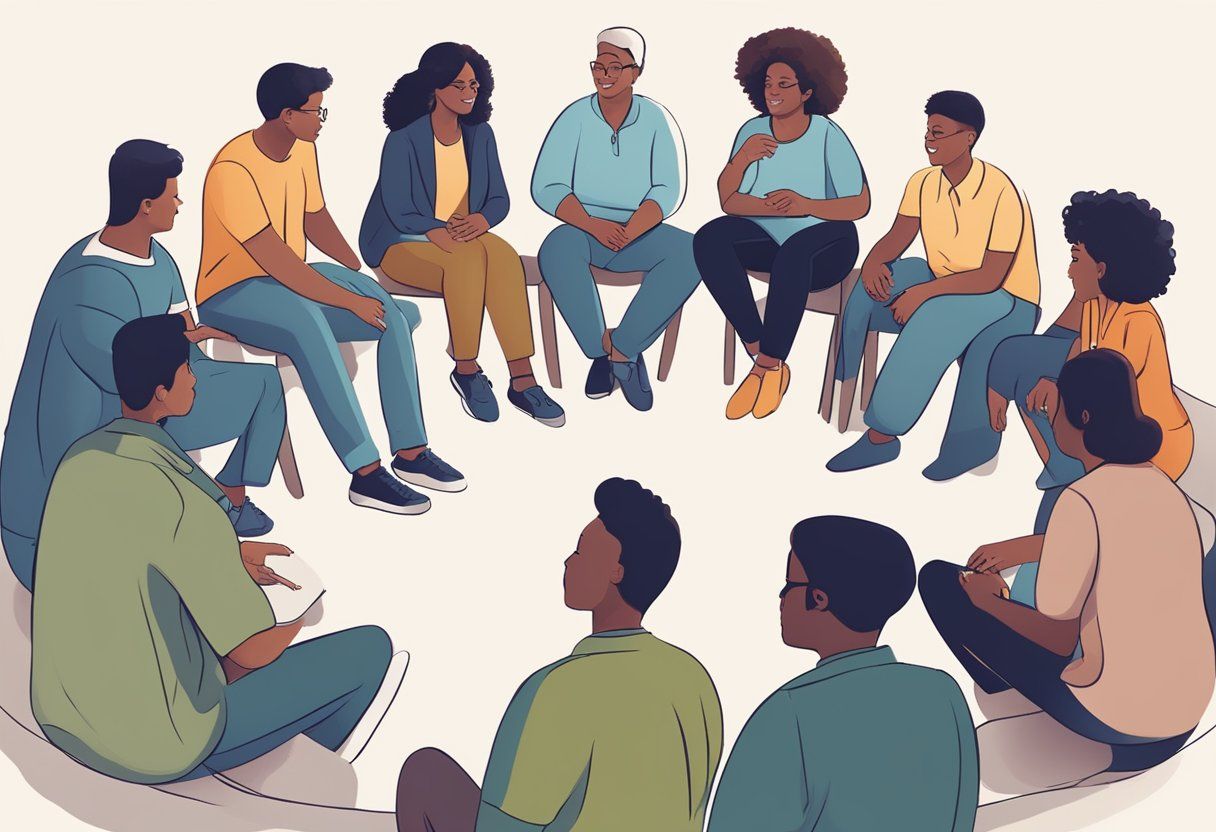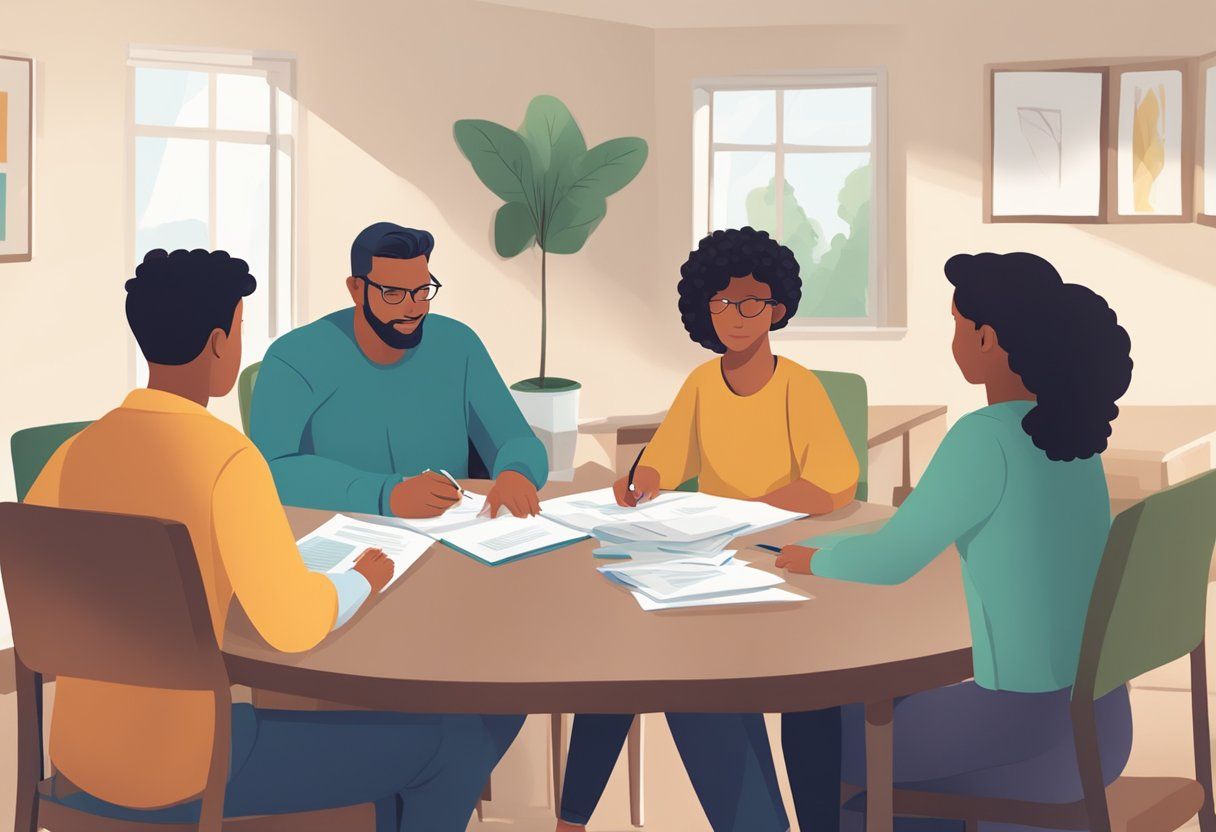BLOG
Categories
How to Apply for Adoption Wraparound Services: Essential Steps and Guidance
Adoption wraparound services offer comprehensive support to help families and children thrive in their new environments.
These services are designed to assist with mental health, educational needs, and other challenges that may arise during and after the adoption process.
Wraparound teams work closely with families to develop personalized plans.
These teams often include social workers, therapists, and educators who collaborate to address each child's unique needs.
The goal is to create a supportive environment for both the child and the family.
Therapeutic programs play a significant role in these services. They can provide essential mental health support to children who may have experienced trauma or attachment issues.
Through therapy, children can begin to heal and build healthier relationships with their adoptive families.
Adoption wraparound services are flexible and family-centered. They adjust to a family's specific situation, making it easier to integrate into daily routines.
This can reduce stress and strengthen family bonds, ensuring that everyone feels supported in the journey.
If you want a more in-depth look into such support systems, check out programs that empower parents to create a healing environment for children, helping to reduce stress and foster better family dynamics.
Eligibility and Access to Services

To access adoption wraparound services, you must be aware of eligibility criteria and the process for obtaining these services.
Navigating the Juvenile Court System
In California, the juvenile court system plays a vital role in eligibility for adoption wraparound services.
If your child was previously involved with the system, this may impact their eligibility.
It's important to collaborate with your child's caseworker to ensure all court requirements are met.
Eligibility often depends on the child's risk factors, such as the risk of out-of-home placement.
Maintaining clear communication with the court can help streamline the application process.
Families need to provide clear evidence showing their need for wraparound services to support their child's transition into the home.
Understanding Medi-Cal Benefits
Medi-Cal benefits can be crucial when accessing adoption wraparound services.
As part of the Adoption Assistance Program, Medi-Cal provides medical coverage that may be necessary for eligible children.
This program ensures that adopted children with special needs receive appropriate healthcare services.
If your adopted child qualifies for Medi-Cal, this can significantly ease the financial burden of healthcare costs.
Eligibility for Medi-Cal often aligns with the criteria of the Adoption Assistance Program, making it simpler to access wraparound services.
Thoroughly understanding and applying for these benefits is vital to ensuring your child receives comprehensive support.
Integrating Services for Adoptive Families

Successful integration of services is essential for adoptive families to support their unique needs. By leveraging community resources, securing special education and school support, and fostering the development of life skills, you can enhance the well-being and growth of your adopted children.
Leveraging Community Resources
Engaging with community resources is crucial for adoptive families.
Local organizations, support groups, and social services can provide guidance and help address challenges.
By reaching out to adoption-focused support groups in your area, you can connect with experienced parents who share similar experiences.
Consider utilizing community centers and faith-based organizations that offer family-focused activities.
These are excellent for building connections and furthering your family’s involvement in the community.
Moreover, local counseling services can help families work through any emotional and psychological challenges that may arise.
Taking advantage of these resources can create a strong support network for both parents and children.
Special Education and School Support
Adoptive families often navigate the complexities of special education needs.
It's important to work closely with school staff to understand your child's specific requirements.
IEP (Individualized Education Plans) can be tailored to address unique learning challenges, ensuring your child receives the appropriate accommodations.
Communicating with teachers and school administrators will help in monitoring progress and making necessary adjustments as needed.
You can participate in regular meetings to remain actively involved in your child's education.
Additionally, explore school-provided tutoring programs or external resources to support learning outside of school hours.
Ensuring your child accesses all available educational support options can make a dramatic difference in their academic success.
Developing Life Skills
Developing essential life skills is an ongoing process vital for your child's independence and growth.
Encourage skills like problem-solving, communication, and decision-making through everyday activities.
Simple tasks, such as managing a weekly schedule or involvement in family tasks, can promote responsibility.
Programs or workshops focused on life skills development also provide valuable opportunities.
Some local organizations and schools offer classes that enhance skills for future independence.
Engaging in activities like after-school clubs or community service projects can also build teamwork and leadership skills.
It's about creating practical learning experiences that foster personal growth and prepare children for adulthood.
Addressing Behavioral and Emotional Challenges

When applying for adoption wraparound services, it is vital to focus on managing behavioral and emotional challenges. Understanding how to cope with attachment issues and manage behavioral problems can provide stability and improve mental health for adoptive families.
Coping with Attachment Issues
Attachment issues are common among adopted children, often stemming from early trauma or disrupted caregiving.
To address these challenges, it's important to create a stable and loving environment.
Consistency and routine can help your child feel more secure.
Consider incorporating therapeutic activities into daily life.
This might include bonding exercises such as shared storytelling or art projects.
Specialized counseling focusing on attachment can also offer valuable support.
Engaging with mental health services that specialize in adoption can provide tailored strategies.
Experienced therapists often use approaches like attachment-based therapy to help children build trust and form healthy relationships.
This process requires patience and continuous effort, as trust doesn't form overnight.
Managing Behavioral Issues
Behavioral issues can manifest in various forms, such as aggression, withdrawal, or defiance.
Early trauma may contribute to these behaviors, so it's important to remain calm and supportive when responding to your child's actions.
Develop a behavioral plan that outlines clear expectations and consistent consequences.
Positive reinforcement, such as praise or rewards, can encourage desired behavior.
Consider collaborating with educators and mental health professionals to align strategies across settings.
Participating in parent training programs can also be beneficial.
These programs provide techniques to manage challenging behaviors effectively, including conflict resolution and communication skills.
By fostering a stable environment, you can support your child's emotional regulation and promote positive behavior changes.
Securing Post-Adoption Support

Securing support after adoption is essential to ensure a smooth transition for your family. By working with case managers and considering options like group homes, you can address the needs that may arise.
Collaborating with Case Management
Effective collaboration with case management is key in securing post-adoption support.
Your case manager acts as a bridge between you and services offered by the Department of Social Services.
Regular meetings help form plans that address your child's unique needs. You'll discuss options like therapy and educational support.
Stay proactive in communication.
Sharing updates about your child's progress can help your case manager find the right resources for you.
Attend scheduled meetings and reach out if new challenges arise.
Don't hesitate to ask questions or request additional support if needed.
Utilizing Out-of-Home Care Options
Sometimes, using out-of-home care options can provide the extra help your family needs.
Group homes offer a supportive environment when more specialized care is needed temporarily.
This can help your child develop social skills and take advantage of structured activities.
Placement in out-of-home care is often coordinated through the Department of Social Services.
It's essential to understand the rules and goals for your child's stay.
Regular visits and communication with your child while they’re in out-of-home care can ease their transition and maintain your family bond.
These options are there to support you and your child, not replace your role as a parent.
Frequently Asked Questions

Understanding adoption wraparound services can help you navigate the support available to adoptive families. It's important to know how to qualify, what services are included, and where to find them.
How does one qualify for adoption wraparound services?
To qualify for adoption wraparound services, you generally need to be an adoptive parent or in the process of adoption.
Certain services may require you to demonstrate specific needs, like special requirements for the child or family.
Background checks and home studies are often part of the qualification process.
What is the likelihood of adopting a newborn from foster care?
Adopting a newborn from foster care is less common than adopting older children.
Most children in foster care are older or part of sibling groups.
It's possible, but the process may take longer, as newborns are usually placed directly with adoptive families through private adoption.
What services are typically included in adoption wraparound programs?
Adoption wraparound programs often include counseling, educational support, and access to medical services.
Families may also receive assistance with navigating school and community resources.
These programs aim to address the unique emotional and developmental needs of adopted children.
How do I find wraparound services for adoption in my vicinity?
You can find adoption wraparound services through local adoption agencies or online directories. Social services departments often provide information on available resources.
Networking with other adoptive families can also offer leads and insights into the best services in your area.
RECENT POSTS
Bringing and keeping families together!

Supporting families in need.
LEAF WRAPAROUND is a Parents in Training Inc. program to help ensure families stay together, providing support and services to both children and parents
LEAF WRAPAROUND - a Parents in Training Inc. progra | Built by WSI - Dinámica Digital
LEAF WRAPAROUND
a Parents in Training Inc. program
Built by WSI - Dinámica Digital







